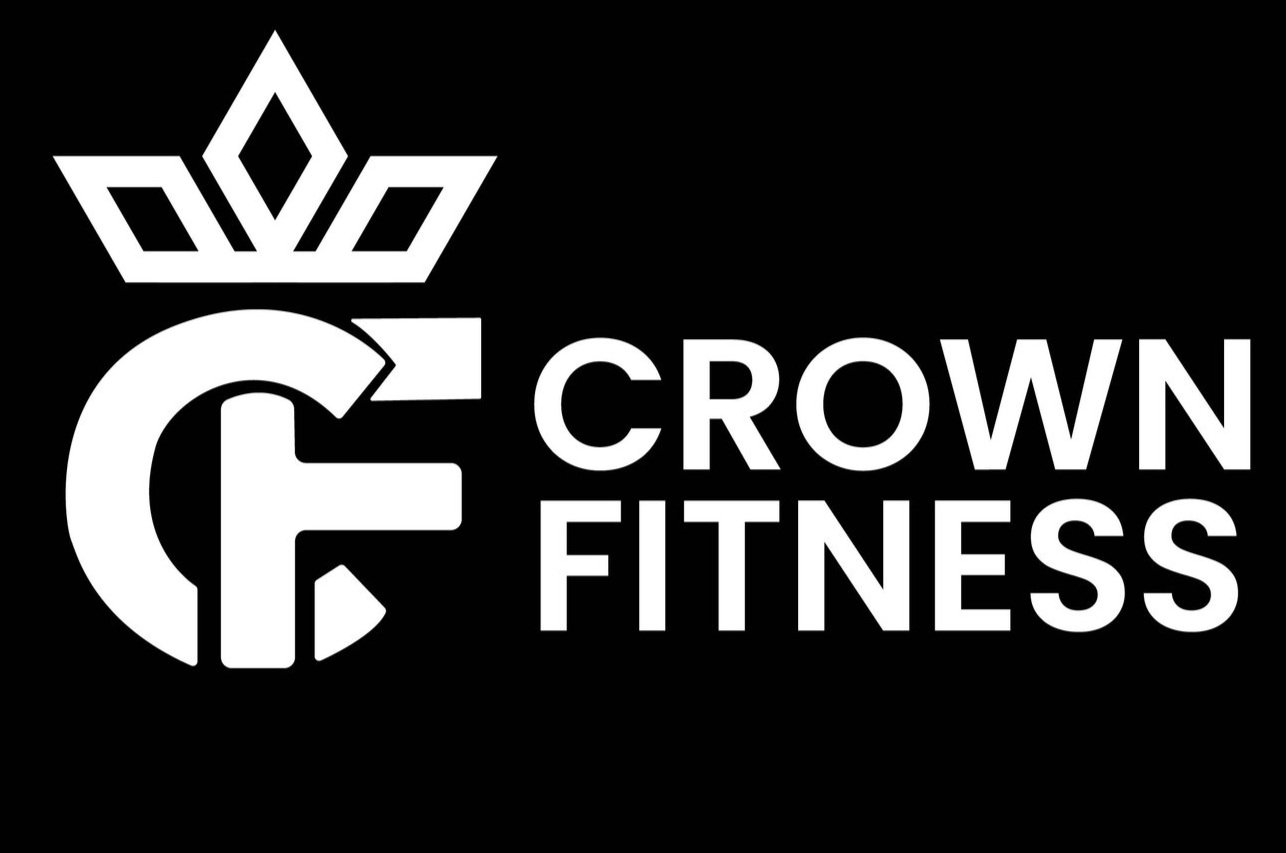Elevate Your Mind: The Profound Impact of Exercise on Mental Health
In today’s fast-paced world, mental health struggles are more common than ever. Anxiety, depression, and stress-related disorders have become a significant public health issue, impacting millions of people daily. While therapy and medication remain common treatment options, a growing body of research supports exercise as a powerful tool for improving mental well-being.
At Crown Fitness, we believe in an approach that prioritizes both physical and mental health—because fitness is not just about aesthetics; it’s about building resilience, confidence, and emotional well-being.
The State of Mental Health in America: Why This Matters
Mental health disorders are alarmingly prevalent in the United States. According to the National Institute of Mental Health (NIMH), more than one in five U.S. adults (57.8 million people) experience a mental illness each year. Among these, depression affects nearly 21 million adults, making it one of the most common mental health conditions. Anxiety disorders, on the other hand, impact over 40 million adults annually, making them the most widespread form of mental illness in the U.S.
Yet, despite these staggering numbers, studies show that many people don’t seek help due to stigma, lack of access to healthcare, or the misconception that mental illness is simply a matter of “mind over matter.” This is where exercise becomes a game-changer—because it’s an accessible, effective, and scientifically proven method to help improve mood, combat stress, and even serve as a first-line treatment for mild to moderate depression.
The Mental Health Benefits of Exercise
Engaging in regular physical activity offers a multitude of mental health advantages:
Reduction of Depression and Anxiety: Research indicates that exercise can alleviate symptoms of depression and anxiety. A study published in The Lancet Psychiatry found that individuals who exercised had 43.2% fewer days of poor mental health compared to those who did not .
Enhanced Cognitive Function: Physical activity has been linked to improved brain function, including better memory and attention. Regular exercise can boost self-esteem and reduce social withdrawal . PubMed Central
Stress Management: Exercise serves as a natural stress reliever. Engaging in activities like running, cycling, or yoga can help reduce stress levels and improve overall mood .
Natural Mood Elevator: Exercise improves mental health by reducing anxiety, depression, and negative mood and by improving self-esteem and cognitive function .PubMed Central
Preventative Measure: Studies show that there is approximately a 20% to 30% lower risk of depression and dementia for adults participating in daily physical activity .Mental Health Foundation
Exercise vs. Depression: The Data Speaks for Itself
To truly understand the impact of exercise on mental health, let’s look at the numbers:
In a 2023 meta-analysis of over 1,000 studies, researchers concluded that physical activity is 1.5 times more effective than leading medications in treating depression (University of South Australia).
A study in The Lancet Psychiatry found that individuals who exercised had 43.2% fewer days of poor mental health per month compared to those who did not exercise.
Regular physical activity has been shown to reduce the risk of developing depression by 31%.
How to Get Started: A Beginner’s Guide to Exercising for Mental Health
Starting an exercise routine doesn’t have to be overwhelming. Here are some simple steps to help you integrate movement into your life:
Find What You Enjoy: Whether it’s weightlifting, running, hiking, or yoga—pick activities that make you feel good rather than what you think you "should" do.
Stay Consistent: Exercise is a long-term investment. Aim for at least 150 minutes of moderate activity per week.
Track Your Mood, Not Just Your Progress: Keep a journal to reflect on how you feel before and after workouts. Over time, you’ll notice improvements in energy, focus, and emotional resilience.
Seek Support: Whether it’s a workout buddy, a personal trainer, or a supportive community, surrounding yourself with encouragement makes a huge differe
Final Thoughts: Your Mental Health Matters
At Crown Fitness, we understand that fitness is about more than just sets and reps. It’s about taking care of yourself—mind and body. Exercise is one of the most powerful tools you have to manage stress, build confidence, and enhance your overall quality of life.
If you’re in Orange County and looking for personalized coaching that prioritizes both physical and mental health, we’re here to help. Whether you’re new to working out or looking to take your training to the next level, we’ll guide you on a sustainable path toward strength, resilience, and confidence.
